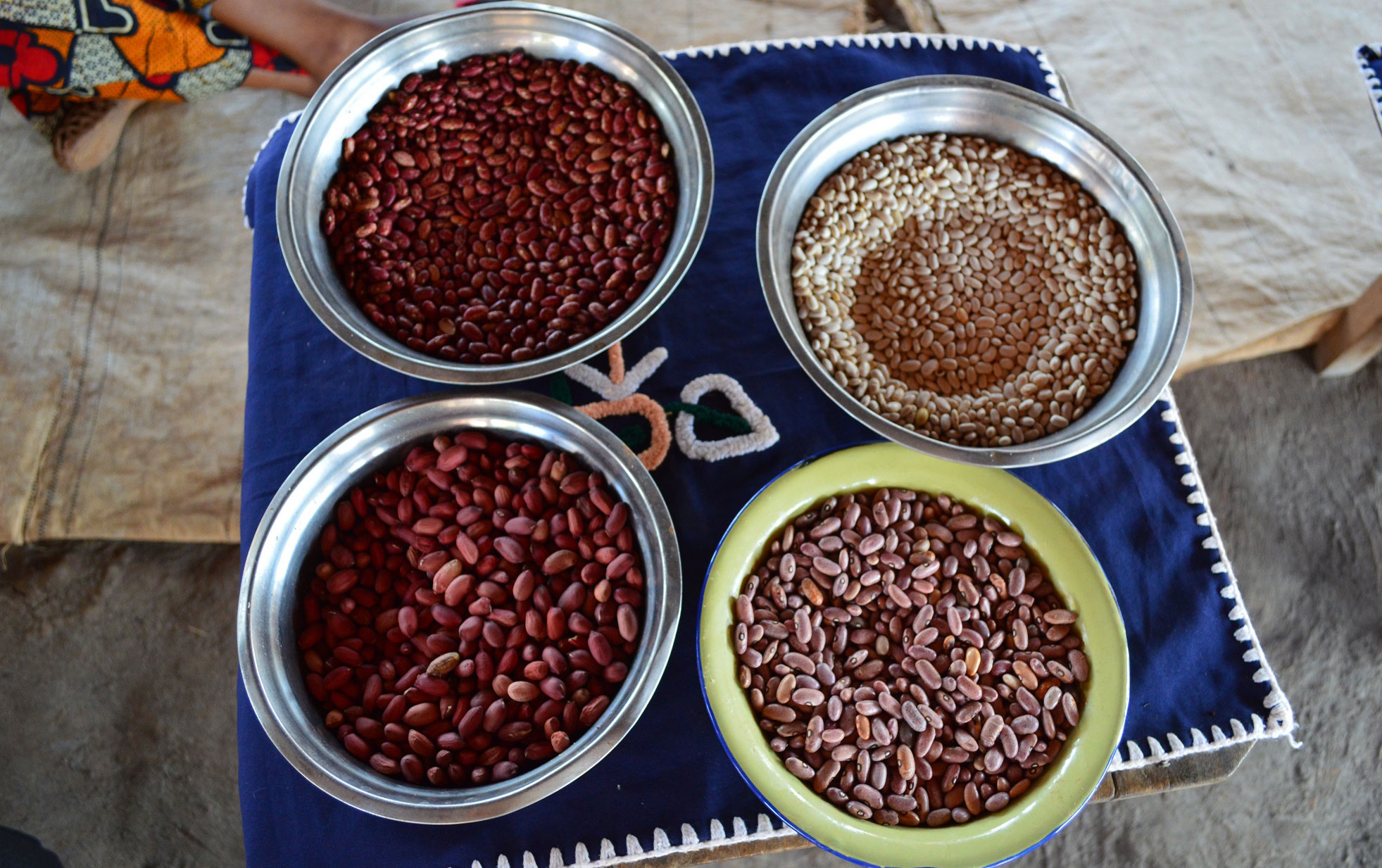World Food - Family Farming 2014
15/10/14
A selection of Climate Smart Seedlings provided to local communities in Luwingu, Northern Zambia.
World Food Day - Family Farming 2014
The 2014 World Food Day theme - Family Farming: “Feeding the world, caring for the earth” - has been chosen by the Food and Agriculture Organisation (FAO) of the United Nations to raise the profile of family farming and smallholder farmers. It focuses world attention on the significant role of family farming in eradicating hunger and poverty, providing food security and nutrition, improving livelihoods, managing natural resources, protecting the environment, and achieving sustainable development, in particular in rural areas.
Smallholder farmers produce the majority of Africa’s food
Smallholder farmers produce the majority of Africa’s food, and boosting their productivity is a key part of solving the hunger crisis on that continent. Unfortunately, erratic rains, droughts, flooding and extreme storms are now part of the everyday reality for millions of people in Africa. Through our aid programme, Irish Aid, Ireland works with these communities to achieve a triple win against hunger, malnutrition and climate change.
In the Northern Province of Zambia, the Irish Aid programme, in collaboration with Gorta-Self Help Africa and CGIAR (a Global Agricultural Research Partnership) works alongside communities to build the capacity of local farmers groups. Through these groups, farmers help each other to cope with erratic rains by varying their choice of crops and planting times. CGIAR backstops a research approach to the work, providing learning on what works to improve both nutrition and climate resilience among poor farming families in Northern Zambia. This programme has empowered communities to make choices about what seeds they choose and how to interact with local authorities. What is perhaps most crucial within these programmes is the importance of listening to those most vulnerable to hunger, malnutrition and climate change and supporting them to put in place their own solutions. To find out more about Irish Aid’s work in Zambia, you can read the Northern Voices report on Zambia.

